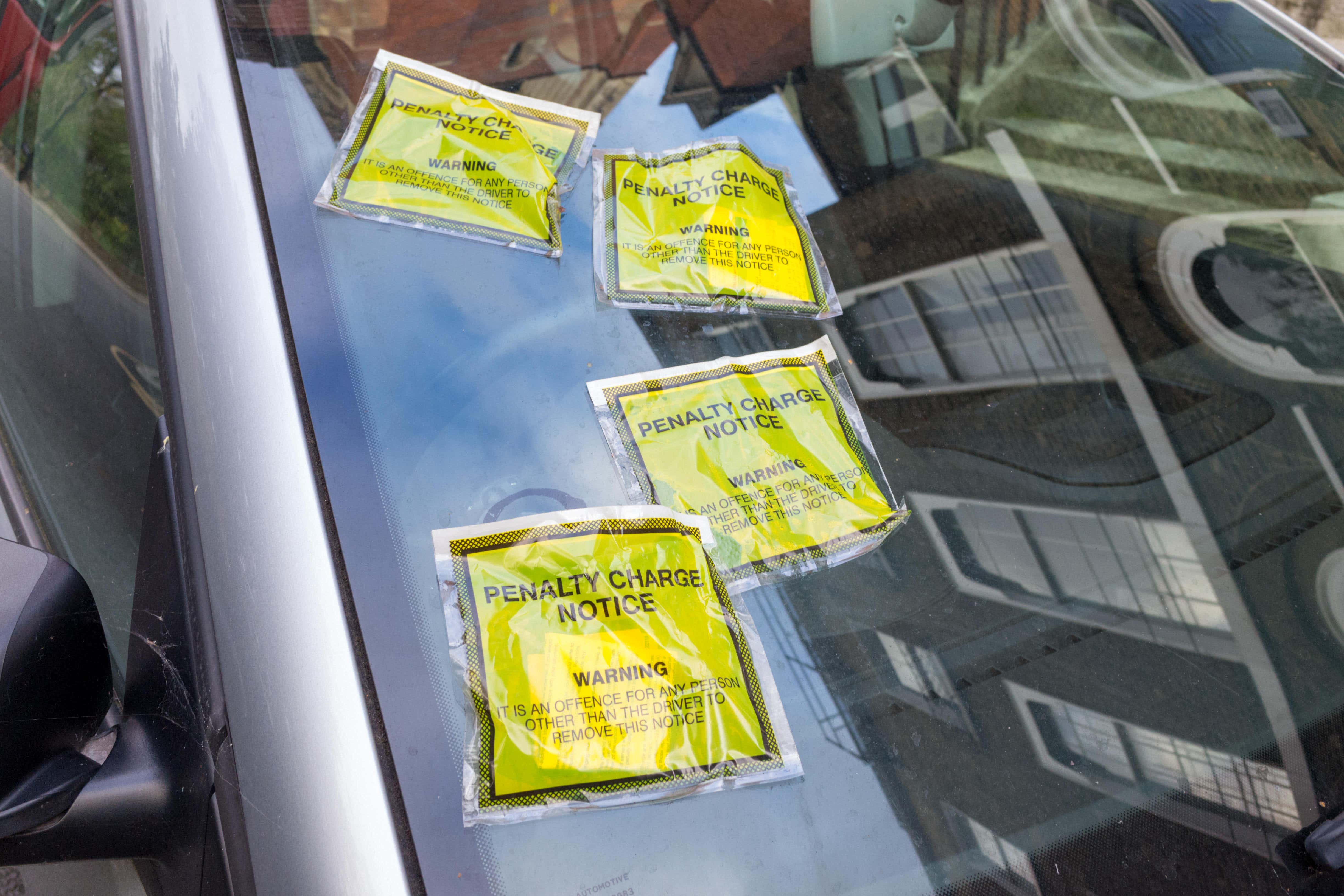Surge in the number of drivers visited by bailiffs over unpaid fines
Some 4.0 million penalty charge notices (PCNs) were referred to enforcement agencies in the 2023/24 financial year, the Times reported.

The number of drivers visited by bailiffs over unpaid traffic fines has surged amid a rise in clean air zones, new figures show.
Some four million penalty charge notices (PCNs) were referred to enforcement agencies in England and Wales in the 2023/24 financial year, the Times reported.
That is up from 2.4 million during the previous 12 months, 1.9 million in 2019/20 and 1.3 million in 2017/18.
Drivers can run but they can’t hide
The figures were compiled by the Civil Enforcement Association (CEA), a trade body representing bailiff companies.
CEA chief executive Russell Hamblin-Boone attributed the rise to factors such as a post-coronavirus backlog of court proceedings, as well as “clean air zones, Ulez (London’s ultra low emission zone) and other emission reduction strategies”.
He told the Times some members of the public have “given themselves permission to act with impunity”.
He added: “Antisocial behaviour is being normalised and we see selfish actions daily: motorists not respecting rules, parking where they want and ignoring traffic regulations.”
AA president Edmund King described the increase in the number of cases referred to enforcement agencies as “remarkable”.
He said: “Drivers who receive a ticket should pay up or challenge it rather than ignore it.
“These figures show that drivers can run but they can’t hide. The best way to avoid tickets is to comply with the rules of the road.
“We believe the increase in figures is partly due to the increase in local authority enforcement of moving offences, yellow box junctions, more complex bus lanes and bus gates, and clean air zones.
“Often the driver is concentrating on frequently changing speed limits and signage outlining restrictions, rather than the road ahead.”
Mr King said some drivers ignore fines as their car number plates have been cloned, with the offences related to times and places they have not been.
“The advice here is to raise the issue with the local authority rather than ignore the fine,” he added.
When a driver fails to pay a PCN despite several requests, councils transfer cases to an enforcement agency which initially sends a letter, costing the recipient £75 on top of the fine.
If payment is still not made, the agency dispatches bailiffs to take control of goods belonging to the motorist, such as their car.
This visit adds £235 to the bill.
A spokesperson for the Local Government Association, which represents councils in England and Wales, said: “Councils strive to ensure they have fair collection and enforcement policies and we agree that bailiffs should only ever be used as a last resort.
“If any motorist believes they have been fined unfairly, then they have the right to appeal against it.
“Money raised from fines and charges is used for running parking services, with any surplus spent on essential transport improvements, including fixing the £16.3 billion road repairs backlog, reducing congestion, tackling poor air quality and supporting local bus services.”
Bookmark popover
Removed from bookmarks